Table of Contents
ToggleAre you planning for the IVF treatment? If yes, then besides medicines, IVF diet chart also plays a significant role in deciding the success rates of the treatment.
In vitro fertilisation (IVF) is used to help with fertility, prevent genetic issues, and aid in child conception. Diet is just as crucial as ever for couples starting the IVF process. All of your bodily processes are supported nutritionally by the meals you eat. Food affects various fertility-related processes, including the creation of hormones, semen, eggs, uterine lining quality, and egg count and egg quality.
Hence, couples need to change their food habits before starting the IVF treatment, which will help the body prepare for the new changes.
So, from the beginning of your IVF therapy, your diet’s success will play an important part, and only fertility experts can suggest the best food options to include in your IVF diet chart.
At Aastha Fertility Care, we believe in opting for a holistic approach for IVF and other fertility treatments and hence have experts for all the external factors that can affect the success rate. Scroll down to the details of the IVF diet chart from our expert for clear details.
Pre-IVF Diet Chart
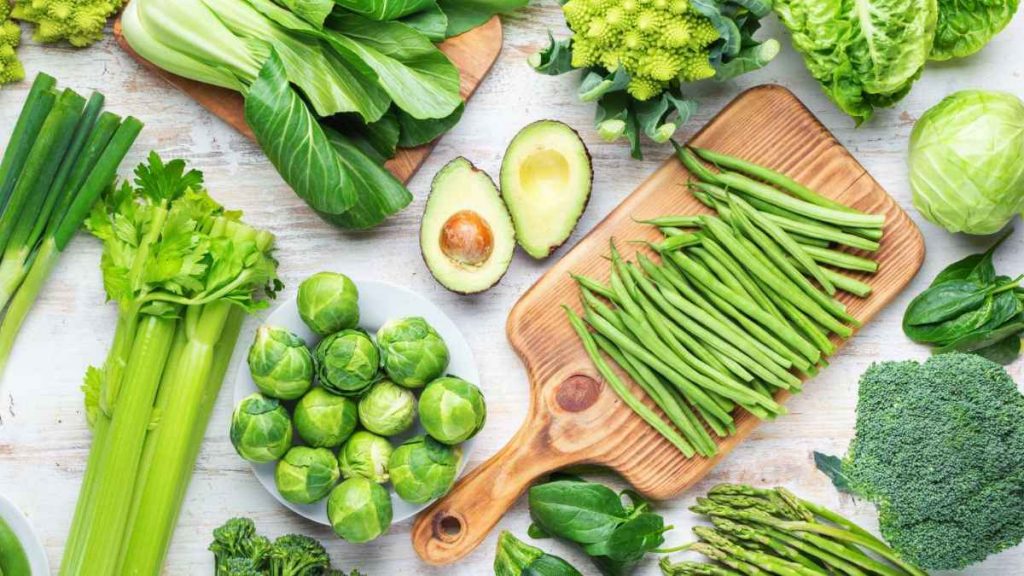
Importance of A Healthy Diet Before Starting IVF
When beginning IVF, a nutritious diet is crucial as it can assist in boosting the likelihood of a successful pregnancy. A healthy diet helps in reducing inflammation and improves fertility. Consuming a nutritious, well-balanced diet also helps assist a healthy embryo’s implantation and growth. It also maintains the weight, which could lead to successful implantation.
Foods to Include in The Diet For Optimal Fertility
# Veggies and Fruits
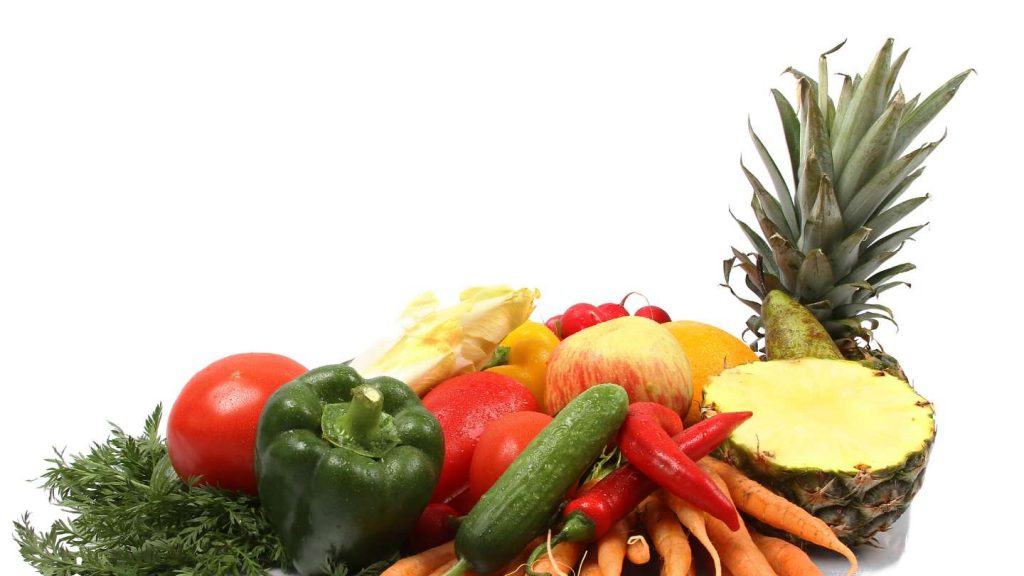
Put a lot of fruits and vegetables on your plate. A study by the Harvard School of Public Health discovered that those who consumed more sugar and trans fats from carbs & animal proteins had a higher frequency of ovulatory disorders.
Aim to fill half of your plate with fruits and vegetables at each meal, including watermelon, asparagus, kale, berries, and foods high in vitamin C & folic acid.
# Fats
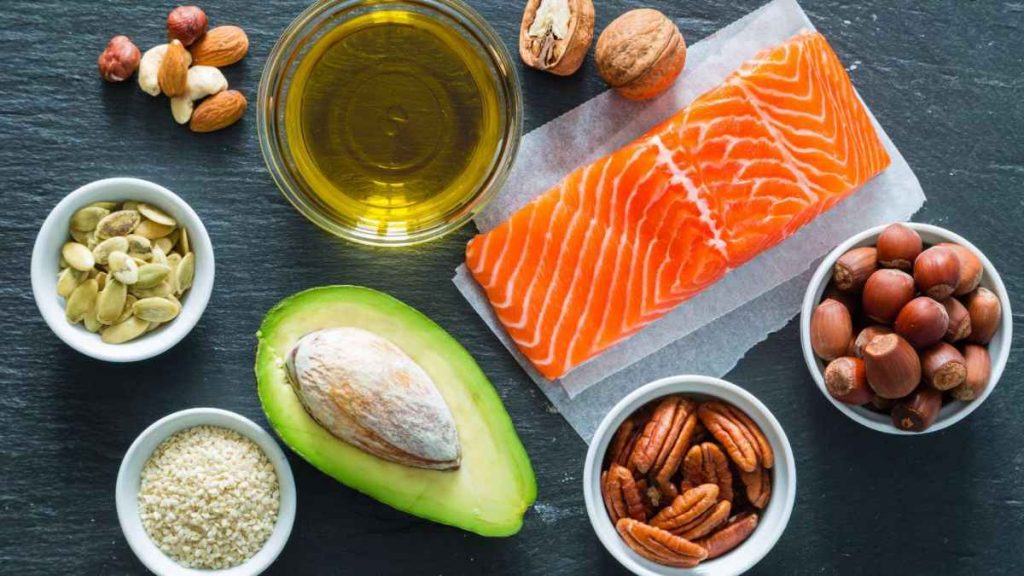
Healthy plant-based fats should be a part of every balanced diet in moderation. By lowering inflammation, foods like olive oil, grapeseed oil, almonds, avocados, and other anti-inflammatory foods can support regular ovulation and improve female fertility.
# Complex Carbohydrates
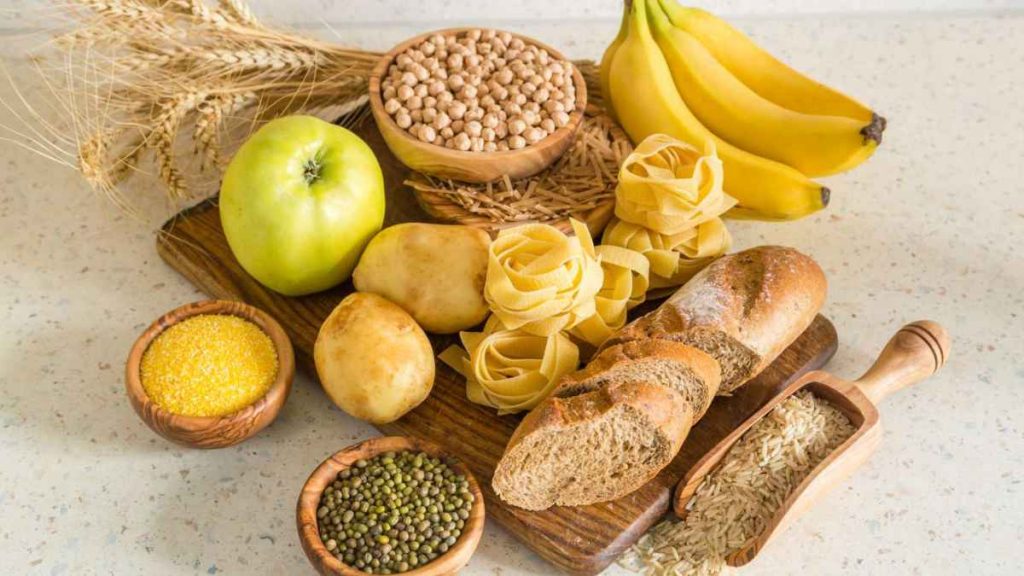
Try to include more complex carbs and less highly processed ones to boost fertility. Your insulin levels may rise if you consume a lot of highly processed carbohydrates, and studies published by National Library of Medicine, that having high insulin levels may prevent ovulation. Make up a quarter of your meal with more complex carbohydrates, such as brown rice, pasta, and whole grains like quinoa, amaranth, and millet.
# Protein
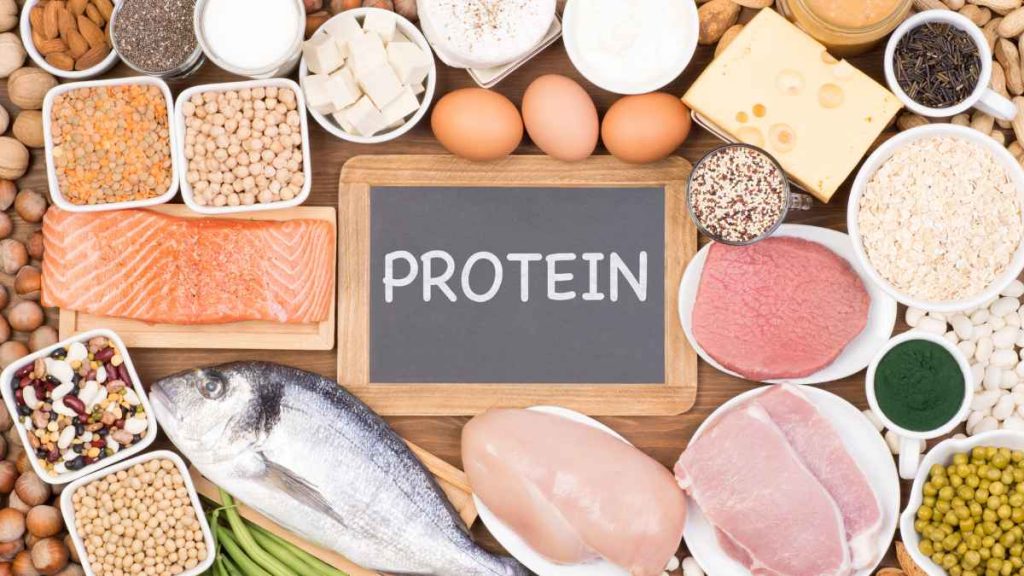
Consume a diet high in protein. Chicken, turkey, pig, and beef, when defatted, are excellent sources of zinc, iron, and protein, all essential for a healthy pregnancy. You could consume pulses, beans, tofu, and paneer if you’re a vegetarian.
Foods to Avoid Before IVF
- Carbs that are refined or simple
- Trans fat
- Highly processed foods
- Alcohol
- Excessive coffee consumption (more than 500mg per day)
- Sugary beverages with artificial sweeteners
- Processed soy (According to a study published in the Journal of Nutrition, soy-rich diets can harm ovarian function.)
During IVF Treatment
Foods To Eat During IVF Treatment
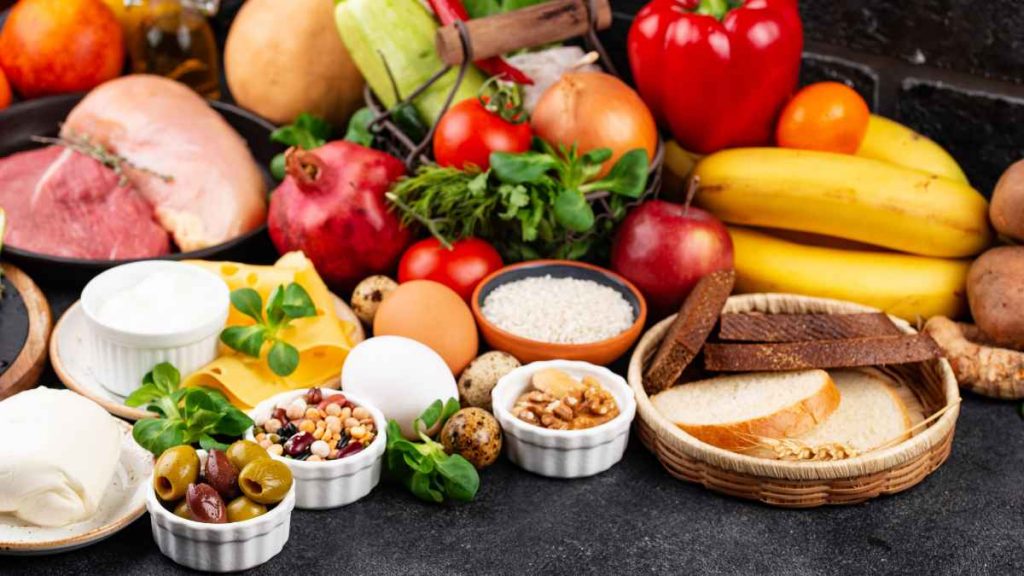
# Leafy Green
Consume green leafy vegetables frequently because they are high in folic acid, iron, and antioxidants.
# Cabbage
Cabbage has Di-indole methane and is rich in vital vitamins and minerals, which help control oestrogen metabolism.
# Broccoli
Broccoli is high in vitamin C, which helps the eggs mature. Antioxidants, iron, and folic acid also contribute to the healthy development of your body and foetus.
# Potatoes
The consumption of potatoes promotes the body’s cell division.
# Bananas
Bananas are rich in Vitamin B6, which assists in controlling menstrual cycles.
# Pineapple
Pineapples have a good deal of manganese, which supports the hormones that regulate reproduction.
# Salmon
Salmon contains a high amount of Omega-3 fatty acids, which can help maintain a healthy level of oestrogen and improve blood flow.
Importance of Hydration
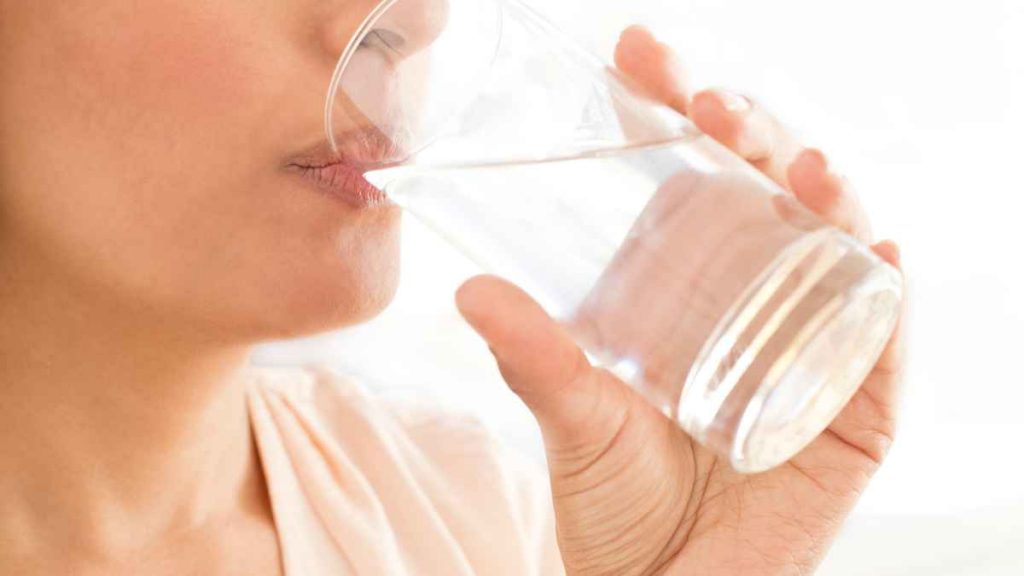
Make it a habit to consume the recommended amount of water each day. We neglect to drink enough water, and as a result, our bodies suffer. Keeping the many components of the body in excellent balance is related to maintaining the ideal level of water in our bodies.
Hydration helps improve blood flow to the uterus and ovaries and can improve the uterine lining’s thickness and quality, which might raise the probability of successful embryo implantation. Water aids with circulation as well.
Nutrients to Focus On During IVF
# Zinc
Zinc aids in hormone level balance. Thus, you will profit if you consume 15 mg of zinc daily. Incorporate zinc-rich foods like nuts, cereals, meat, dairy, and potatoes.
# Folic Acid
The healthy development of a child’s brain and spinal cord is aided by folic acid and a few parental vitamins.
# Iron
Consume foods high in iron, such as spinach, oysters, and pumpkin seeds. It helps improve egg health and ovulation.
# Healthy Fats
Consume unsaturated fats. Eating healthy fatty acids from foods like walnuts, olive oil, chia seeds, corn, and flaxseed oil is good as it supports the development of healthy eggs in your body.
# Protein
You must ingest 60 grams of protein daily because it helps in bodily development.
Post-IVF Diet Chart
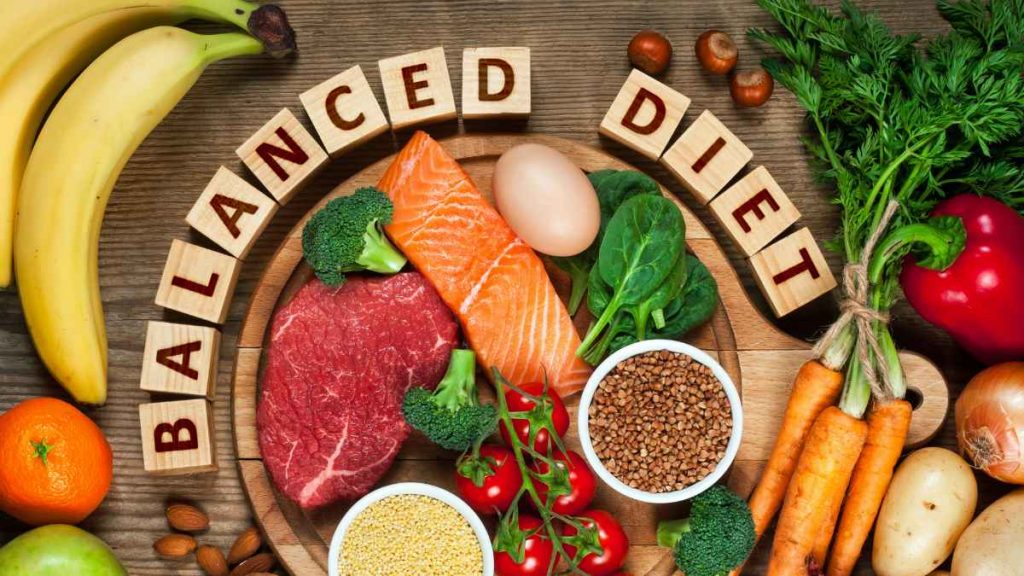
Foods To Eat After IVF
# Nuts
Omega-3 fatty acids, antioxidants, folate, protein, and other essential elements for implantation are all abundant in nuts. Moreover, it strengthens the uterine wall and guards the embryo against free radical damage.
# Egg
Vitamins A, D, E, Omega-3 fatty acids, K2, and other nutrients found in egg yolk are beneficial for implantation and preventing blood clots.
# Sugar Potato
After IVF, sweet potatoes can supply 70% of the vitamin A your body needs.
# Folate-Rich Foods
The neural tube, which functions as the spinal cord and embryonic brain, needs folic acid to develop properly.
# Beetroot
Iron, glutamine, and antioxidant-rich beetroot thicken the uterine wall and prepares the uterus for implantation.
# Lean Protein
Your immune system produces antibodies when you consume lean proteins like beans, eggs, nuts, seeds, salmon, and yogurt at least twice a week. These foods also help to control your hormones and enzymes.
# Fruits and Vegetables
Fresh produce like bananas, cherries, oranges, dates, broccoli, sprouts, etc., will solve your post-IVF digestion issue and keep you and the baby healthy.
# Healthy Fats
Olive oil, sesame oil, flaxseed oil, and chia seed oil are healthy fats that contain vitamins A and B and are excellent for the mother and the unborn child.
Importance of A Healthy Diet For Embryo Development
A balanced diet is critical for embryo development since it offers the vital nutrients needed for its growth and development. For organs, tissues, and other structures to form correctly during the first few weeks of embryonic development, the embryo must have the nutrition it needs. A nutritious diet can also aid in preventing pregnancy-related issues like hypertension, gestational diabetes, and other problems that may affect foetal development.
Foods To Avoid After IVF
- Alcohol
- Processed and canned foods
- Caffeinated drinks
- Mercury-rich seafood
- Sodas
- Undercooked or uncooked meat or egg
- Junk food
- Processed meats
- Foods that contain artificial colour and sugar
- Sheep and chicken liver
- Spicy foods
- Too much papaya and pineapple
- Unpasteurised milk
- Too much pickle and vinegar
Additional Tips for IVF Diet
- Recreational drugs and alcohol can harm your health and are not recommended for a healthy pregnancy.
- Your mental and physical health may greatly benefit from learning to deal with the challenges of fertility treatments.
- Light exercise is essential for health during IVF.
- Take enough sleep and try to avoid stress and infertility, as it improves your overall well-being.
Conclusion
Generally, the likelihood of IVF failure may be reduced by eating correctly before and after embryo transfer. It’s important to note that your IVF diet chart following embryo transfer should resemble a woman who has naturally become pregnant.
If your doctor has still not discussed anything about diet, then you’re missing out on a big thing. Connect with the best infertility specialists to get complete details of the IVF diet chart, treatment, and other services. Contact Now!

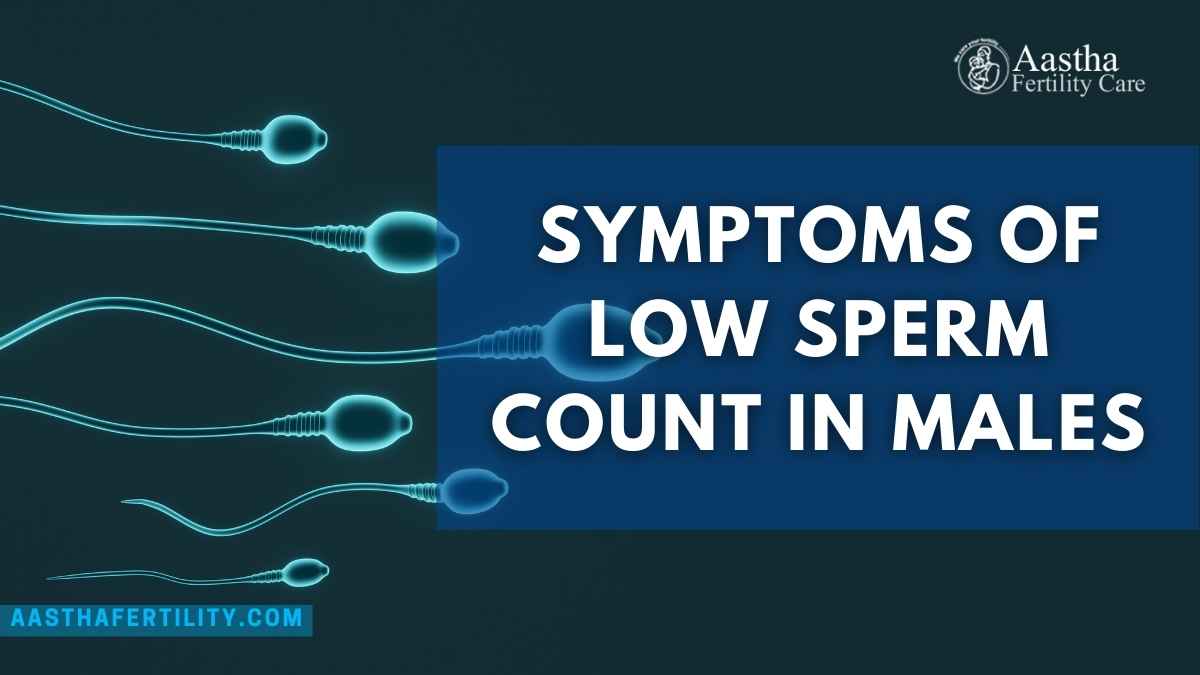
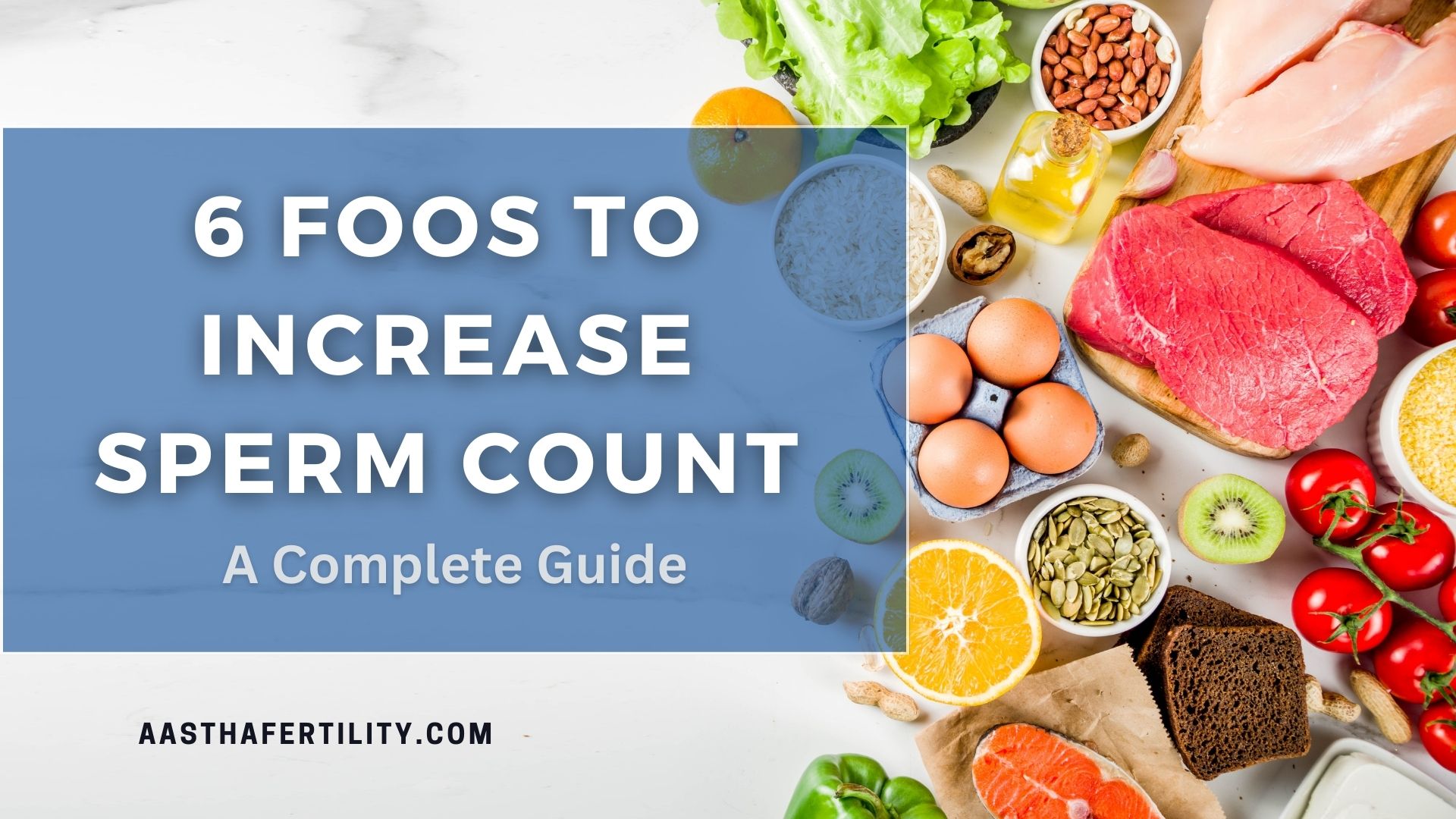
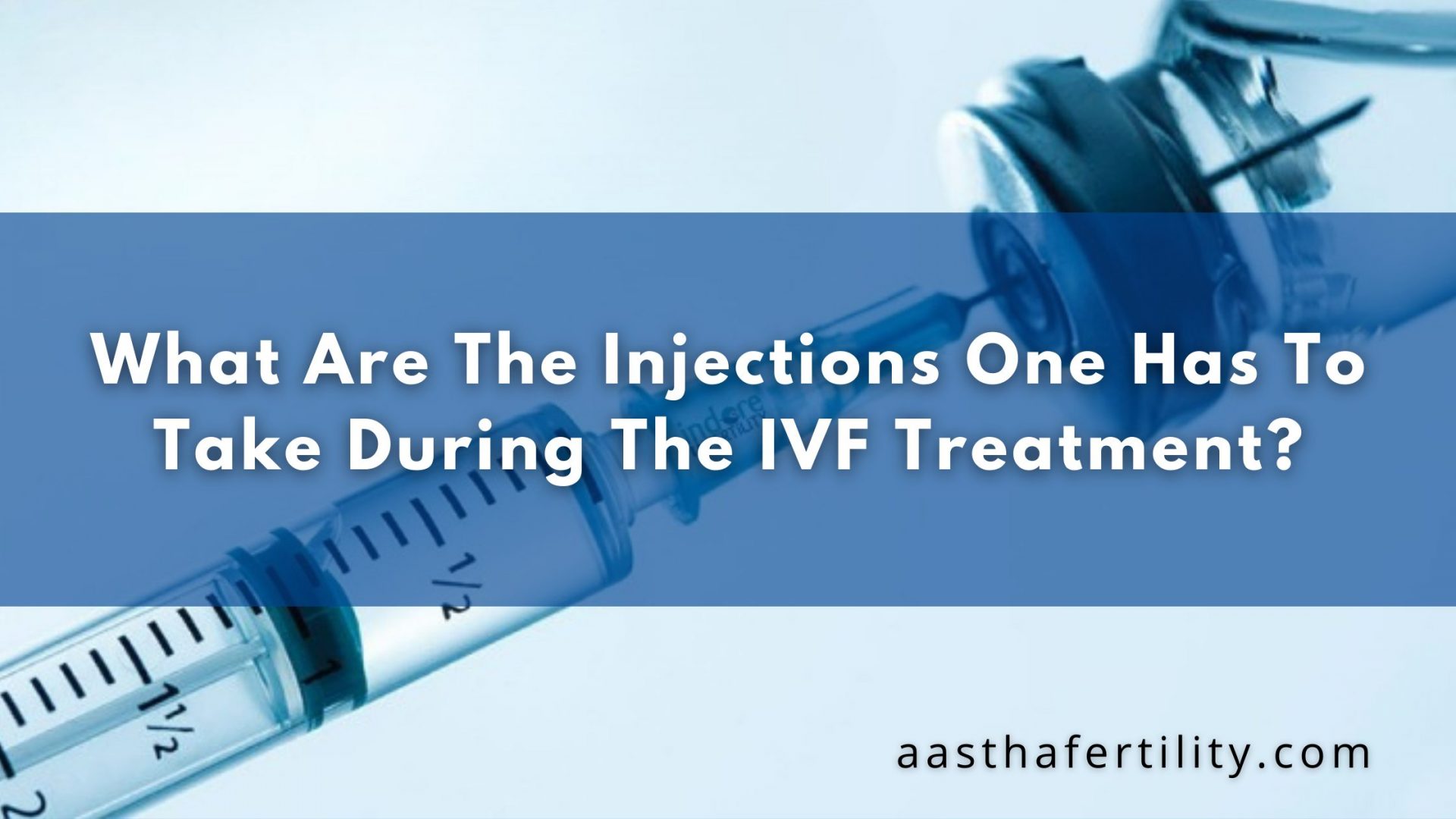

Leave a comment